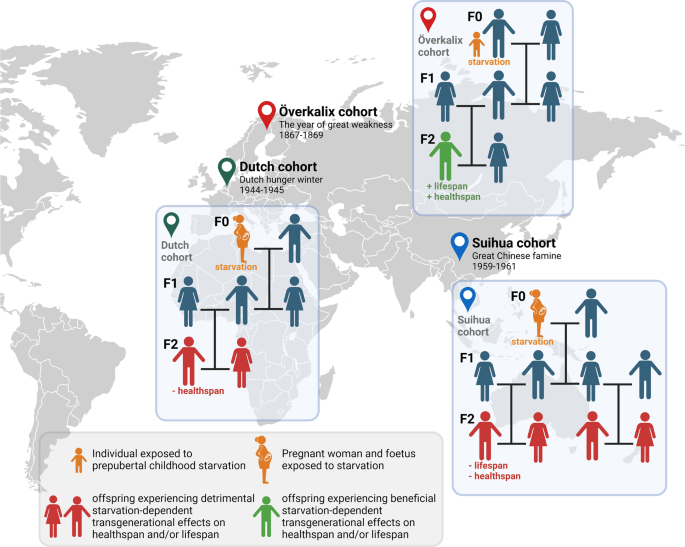Isnt that the point of evolution? Over time, people inherently learn and become what they are based on their past ancestors.
However, it actually kind of goes against it. The point of organisms changing over time is to accustom to the environment by naturally being born with boosted traits. So if anything, anyone whose family tree is born to poor conditions should actually have newborns boosted to overcome it. While a family tree that has been royalty rich going back 800 years should maybe have lazy ass kids since their DNA knows they've had it good and comfortable for eons. So why bother trying. Just coast.
IMO, the vast majority of people's lives come from a combo of self effort, the hand they are dealt (good gov or shit gov kind of thing), and having good friends and fam to foster a good upbringing even if youre poor. You can overcome hardships. Just like a born rich guy doesn't mean he cant fuck it all up too.
Just because a fam doesn't have money where their illiterate grandparents had shitty labourer jobs 100 years ago means hope is lost. Look at how well many Indian and Asian families do. It's not like there are all born rich. But they consistently do well in school and can rise from poor fam situations. So even though their country might not be the richest country with the snazziest economic industry (mediocre hand dealt), there's still enough gov and parental effort to still do the best you can with what you got. And that's a cultural thing.
It doesn't matter what your situation really is. IMO, as long as you do the right thing and go to school and get a decent education to help you get a job and stay out of trouble, that already will be a boost to success. And support your fam and friends best as possible, so good will cycles through out your network. I'm not even a parent. But I always treat my nieces and nephews great being a great uncle. At first it was easy being the fun uncle buying them cool shit and taking them to Chuck E Cheese. Now they are older. No more cuddly shit treating them like babies. My bro and me are now at a stage of giving advice on university and jobs. And my bro/sis in law know I'm always around to help out whether it's babysitting them long time ago because they want to take a night off from the goofy kids going out to dinner, or going out of my way to pick them up from swimming class. This type of shit might sound sissy-ish. But it's family structure. I cant change the government or environment. But I can do my best being an uncle. If I wanted to, I could be the distant uncle you see once every 10 years. And if anyone needs some help I tell them fuck off. Why would I do that? And I always told them in my will I'm giving my money to them when I die. That's another family structural thing that is life changing. I can blow all my money just enjoying life, but I'm not that kind of guy. I've always want to have a bunch of money left for sake of achievement and passing it down even though I dont even have kids of my own. But I know the $$$ can help them out just in case.






